Equestrian enthusiasts often wonder: can horses eat grapes? Grapes are a tasty and nutritious treat for people, but are they safe and healthy snack for horses too? This article will fully examine whether horses can eat grapes, the potential benefits and risks, recommended grape portion sizes, and tips for safely introducing grapes into your horse's diet.
Can Horses Eat Grapes? The Short Answer
The short answer is yes, horses can eat grapes, but only in strict moderation. Both seeded and seedless grape varieties should be fed sparingly as infrequent treats. No more than 2-3 grapes should be fed at a time, no more than once per week. Overfeeding grapes poses health risks for horses.
Potential Benefits of Feeding Grapes to Horses
Grapes offer some potential nutritional benefits when fed to horses in strict moderation. Benefits include:
- Antioxidants - Grapes contain antioxidants that support horse immune systems and overall health. These include resveratrol, vitamin E, beta-carotene and vitamin C among others.
- Vitamins & minerals - Grapes provide vitamins and minerals horses need like vitamin K, copper and potassium. This supports bone, muscle, heart and digestive health.
- Low calorie - A one grape serving is low calorie, so poses minimal weight gain risk. Grapes are about 90% water.
- Taste & palatability - Most horses enjoy the sweet taste of ripe grapes as an occasional treat. This may encourage picky eaters.
As with any treat, moderation is key so these nutritional benefits can be gained safely.
Risks & Side Effects: Can Too Many Grapes Make a Horse Sick?
While grape's nutrients can benefit horses in moderation, overfeeding grapes can make horses sick. Main risks include:
- Choking hazard - Whole grapes pose a major choking risk. Feeding too many whole grapes increases chances horses will choke. Always slice grapes before feeding.
- Colic & diarrhea - Too much grape sugary juice and skin can cause digestive upset like colic or diarrhea in horses.
- Toxicity & kidney failure - Grapes contain acidic oxalates. In excessive amounts, these can be toxic and cause kidney damage.
- Obesity & laminitis - Too many sugary, high calorie grapes contribute to obesity, insulin resistance and laminitis risk over time.
Grape vines and leaves also pose toxicity risk if horses access plants in pasture. Toxic compounds like tannins in leaves, stems and unripe grapes can cause kidney failure, neurological signs like tremors, or even death. Never give grape vines/leaves as feed.
Overall the consensus is horses should not eat too many grapes due to toxicity concerns. But a few sliced grapes now and then as a treat is considered safe by most veterinarians.
Also read: What is a Gaited Horse?
What is the Recommended Serving Size of Grapes for Horses?
If choosing to feed grapes, what amount is safe? Here are suggested grape serving guidelines for horses:
- Serving size: No more than 2-3 seedless grapes, once weekly. This roughly equals a 1/8 cup measured serving.
- Slice grapes before feeding, never feed whole grapes to reduce choking risk. Slice in half or quarters.
- Introduce slowly at first when initially adding to diet. Watch for any digestive upset.
- Use caution: If horse has history of choke, colic, laminitis or kidney issues consult veterinarian first whether grapes in diet is appropriate.
As with any treat, grapes should not exceed 10% of total daily caloric intake for horses. For a 1000 lb horse fed 2% of body weight dry matter per day in hay/feed, 10% of this equals ~4 oz of treat daily. 2-3 grapes falls safely under this limit.
5 Tips for Safely Feeding Grapes to Horses
Follow these tips for safely incorporating occasional grape treats into your horse's diet:
- Always slice grapes first to reduce choking risk from whole grapes
- Limit to 2-3 grapes 1x/week to avoid toxicity or digestive issues
- Pick seedless varieties as seeds can also pose choke hazard for horses
- Introduce slowly at first to watch for subtle signs of reactions
- Avoid raisins or dried grapes as sugar content is too concentrated
The bottom line? While most horses love the sweet taste of ripe grapes, less is more when adding this fruit to your horse's treat menu.
Also read: What is a chestnut on a horse?
Frequently Asked Questions About Feeding Grapes to Horses
Common questions horse owners have about feeding grapes include:
Can I give my horse grape vines or leaves to eat?
No, grape vines, leaves and stems should never be fed as they contain toxic compounds that can damage kidneys, cause neurological signs like tremors, or even potentially cause death. Only occasionally feed the grape fruit itself.
What amount of grapes can kill a horse?
As little as 0.5% of a horse's body weight in grapes can be fatal. For a 1000 lb horse this equals only 5 lbs of grapes potentially causing renal failure and death. Always limit grape treats to 2-3 grapes per feeding, no more than 1x/week.
Are raisins safe to feed my horse?
No, raisins and other dried grapes have an even higher sugar and acid content. Increased chances of colic, diarrhea, laminitis and toxicity make raisins an unsafe choice for horse treat.
Can horses have grape juice?
No. The concentrated sugars and acids in grape juice, wine, and jelly all pose threats of digestive issues, obesity/laminitis risk or toxicity if overfed to horses. Never give grape juice intended for human consumption to horses.
What if my horse accidentally gets into the grape vines?
If significant grapes or vines have been ingested, call your veterinarian or nearest emergency equine hospital immediately. Toxicity may lead to tremors, lethargy, diarrhea or colic. Aggressive IV fluid support increases survival chances minimizing kidney damage.
Conclusion
In conclusion, most horses love sweet grapes but they should only enjoy them in strict moderation. Limit grape treats to 2-3 sliced grapes no more than once weekly. Avoid vines, leaves and raisins. When fed carefully as an occasional snack, grapes can provide horses nutritional variety without posing health threats. Using proper precautions allows horse owners to safely answer the question “can horses eat grapes” with a yes - grapes fed responsibly can be part of a balanced equine diet.





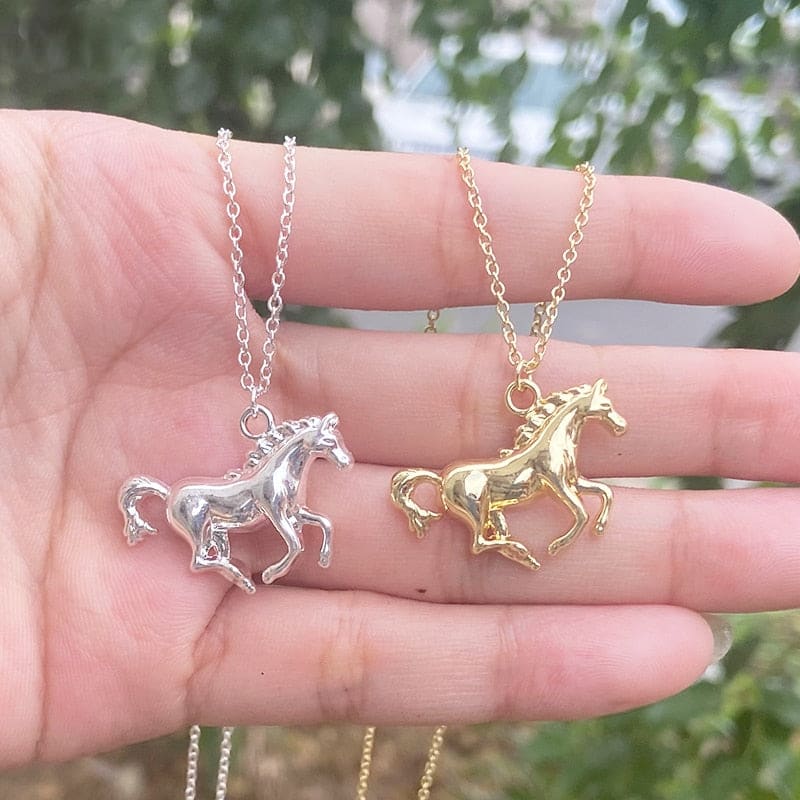
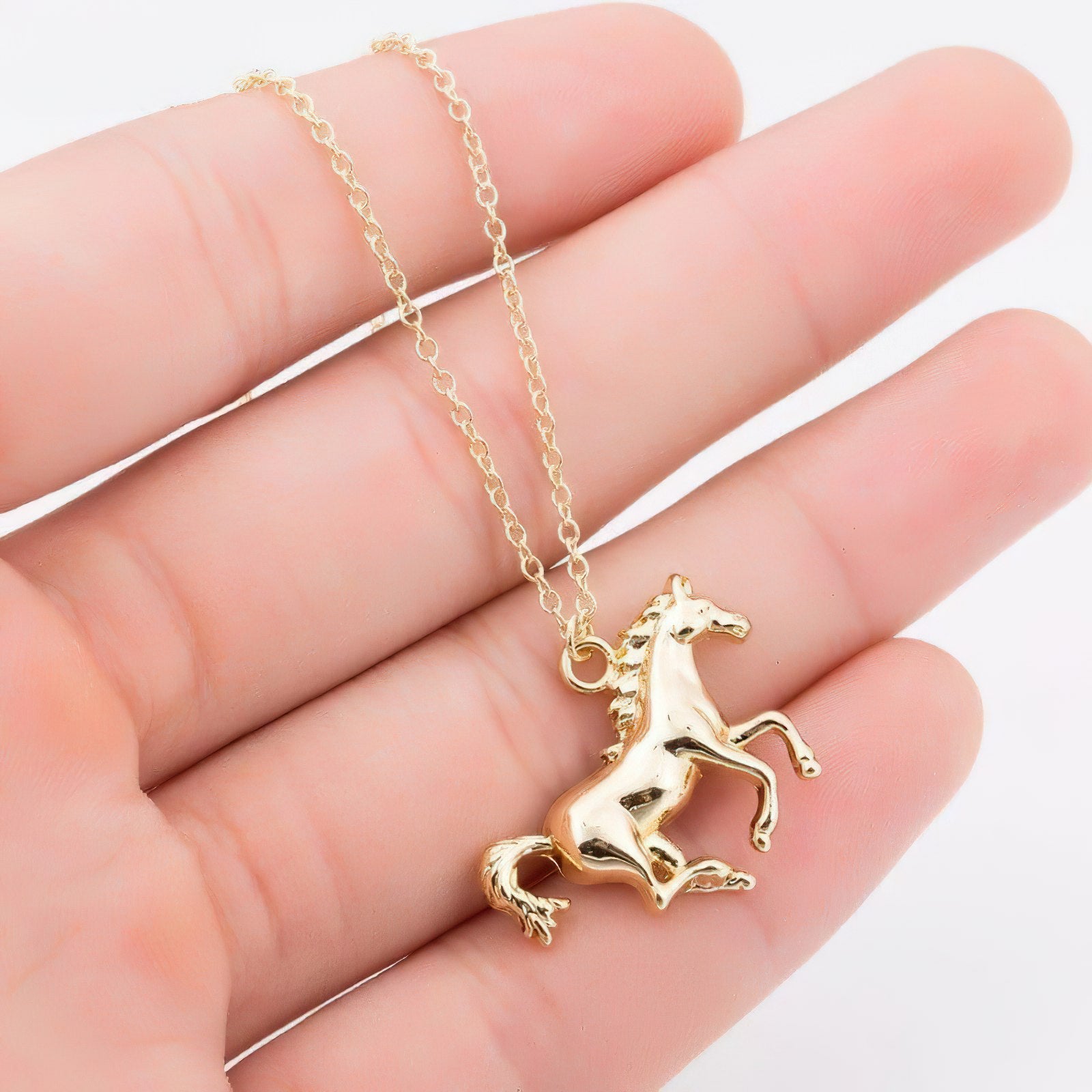
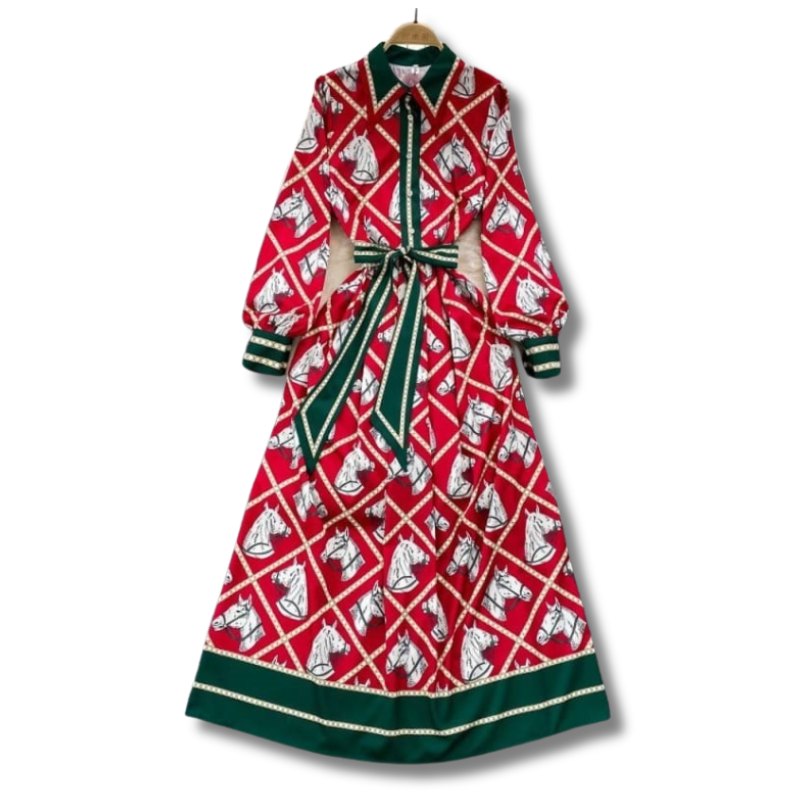

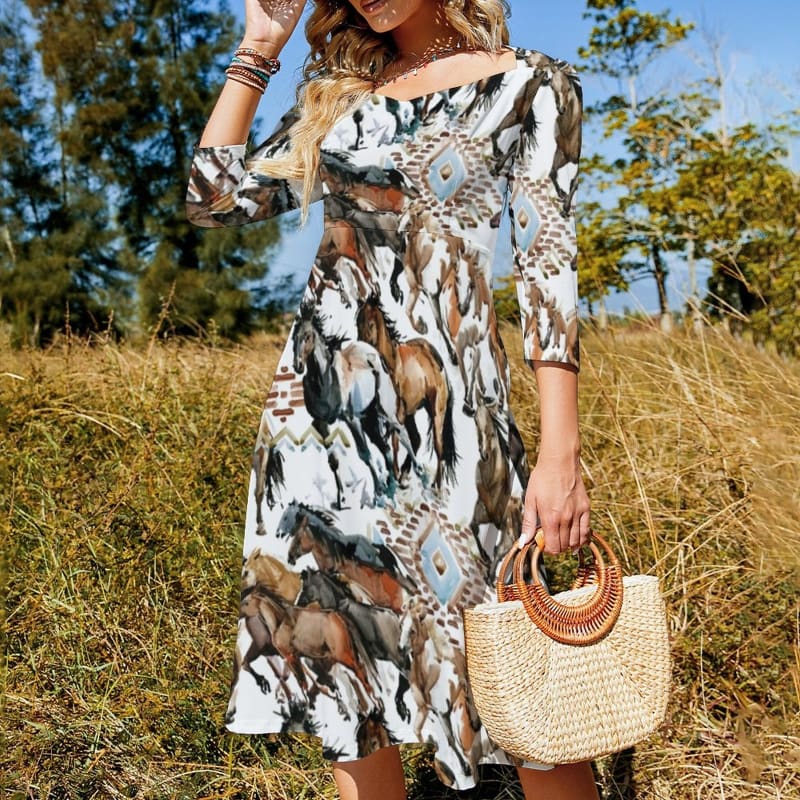
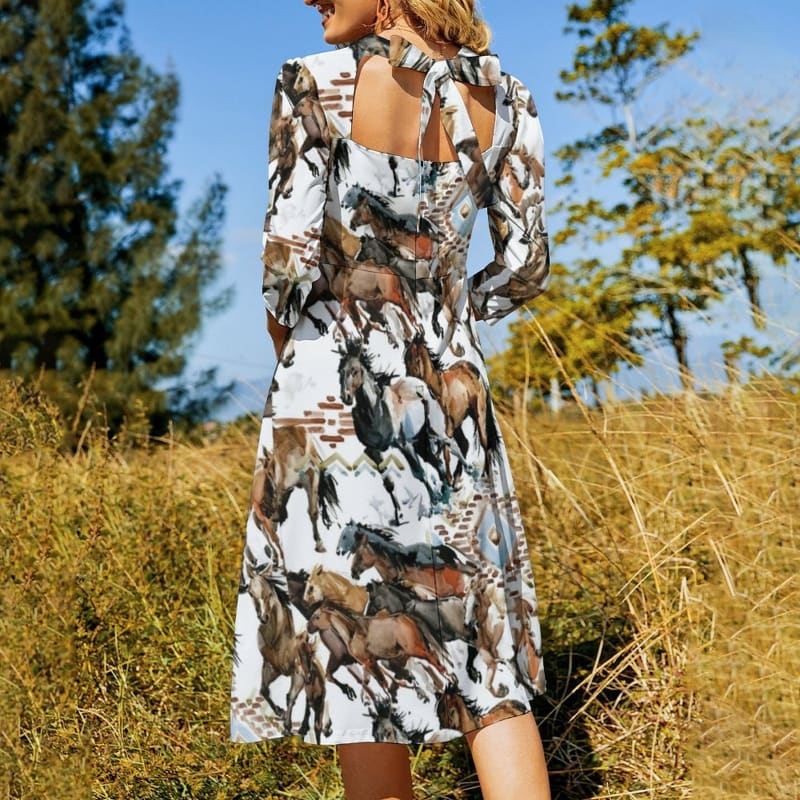






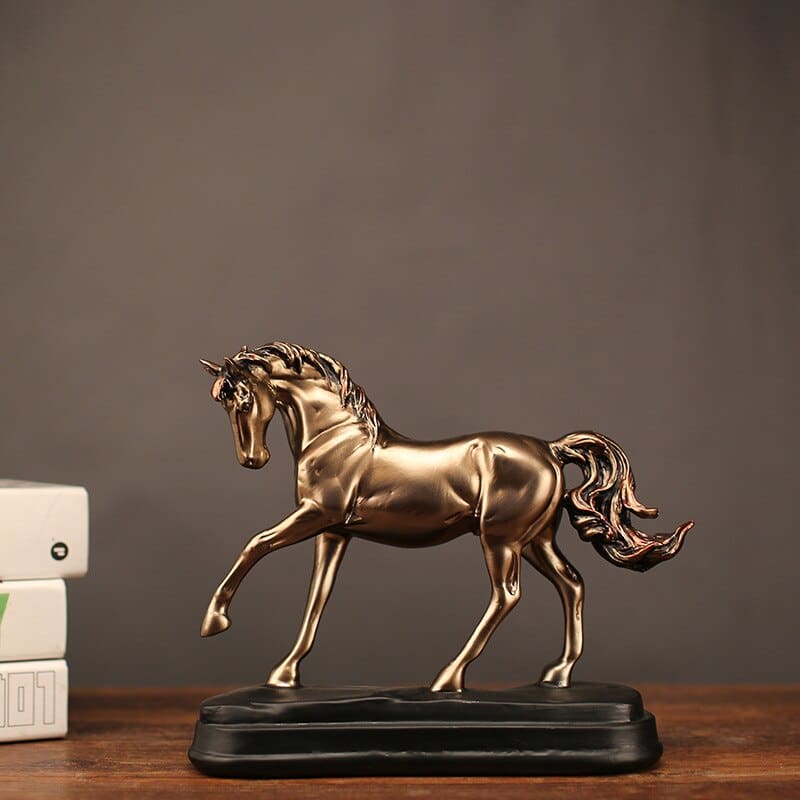
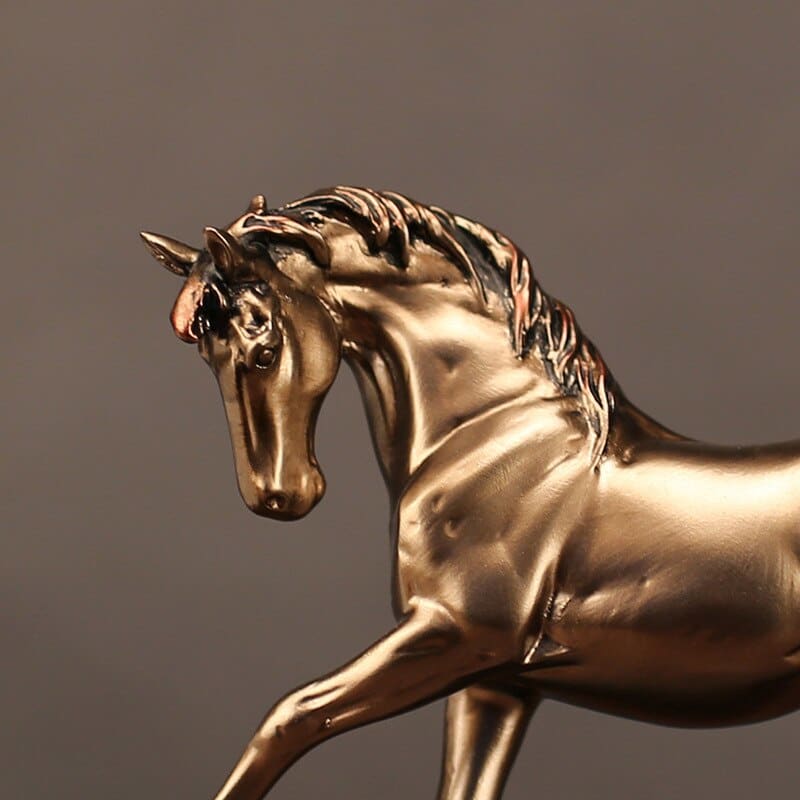
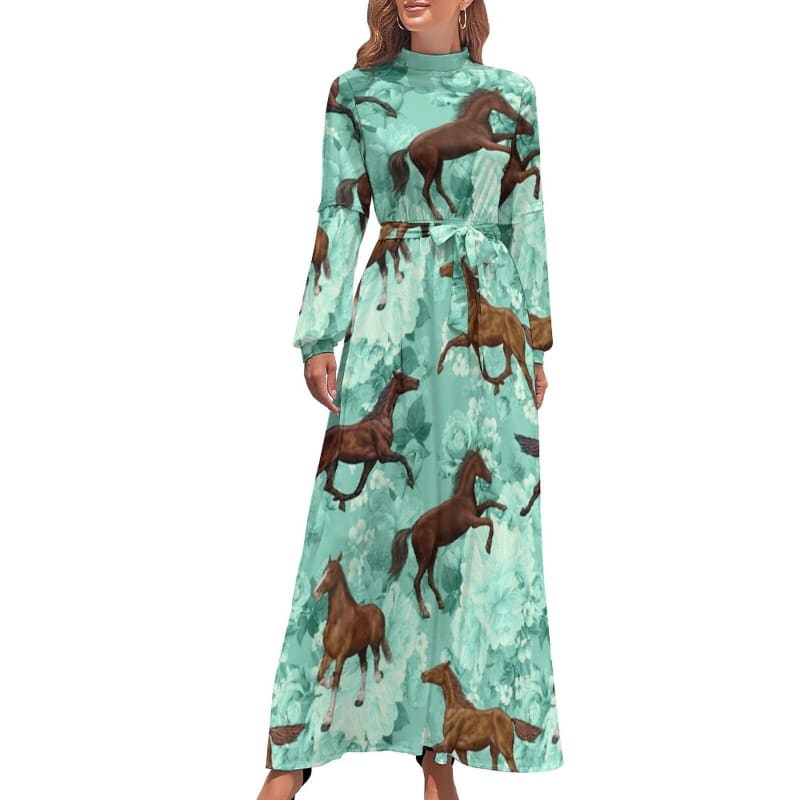

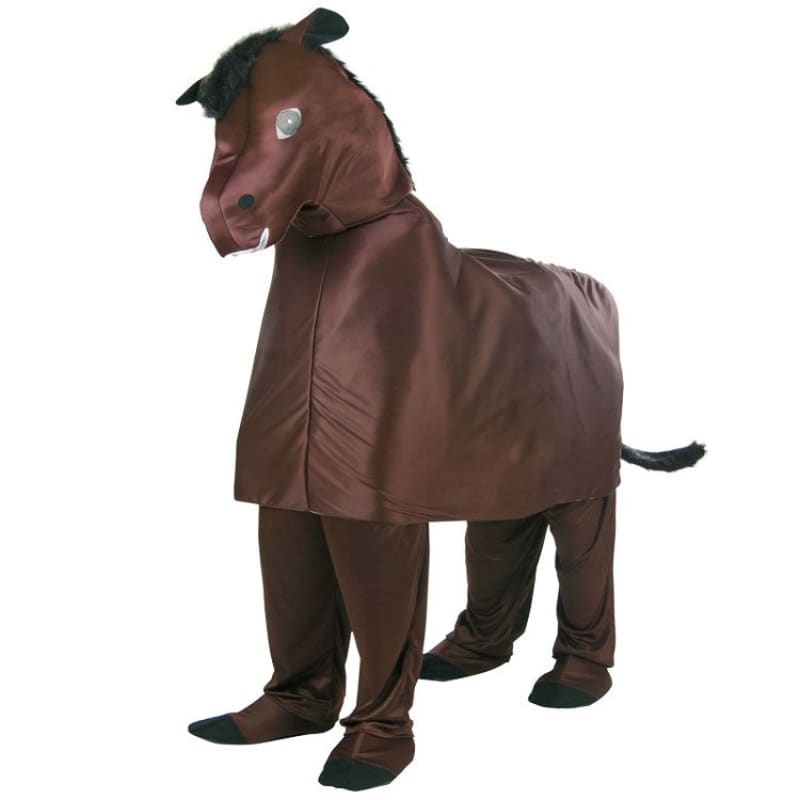
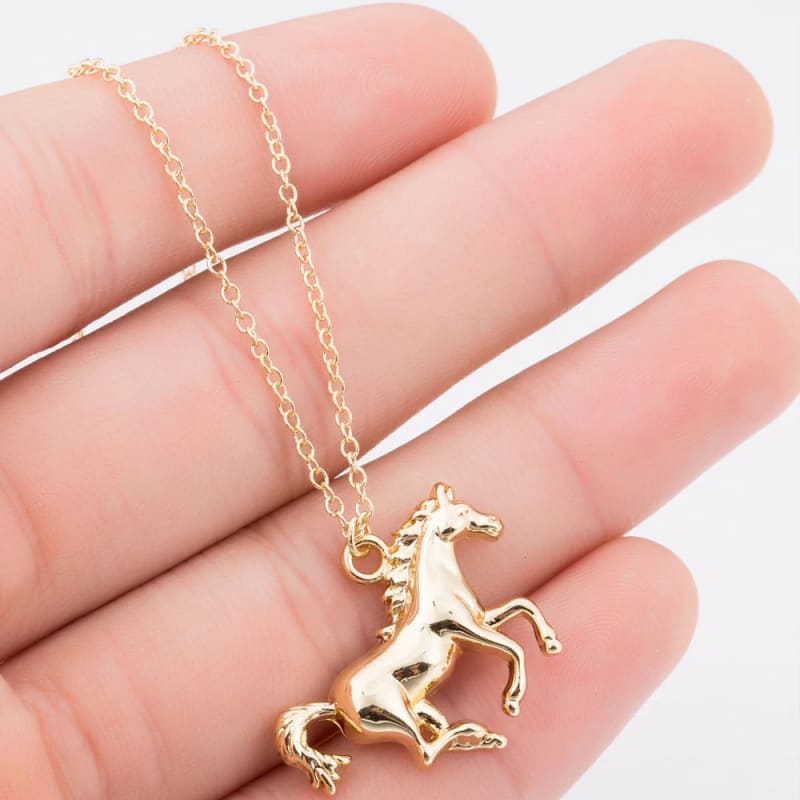
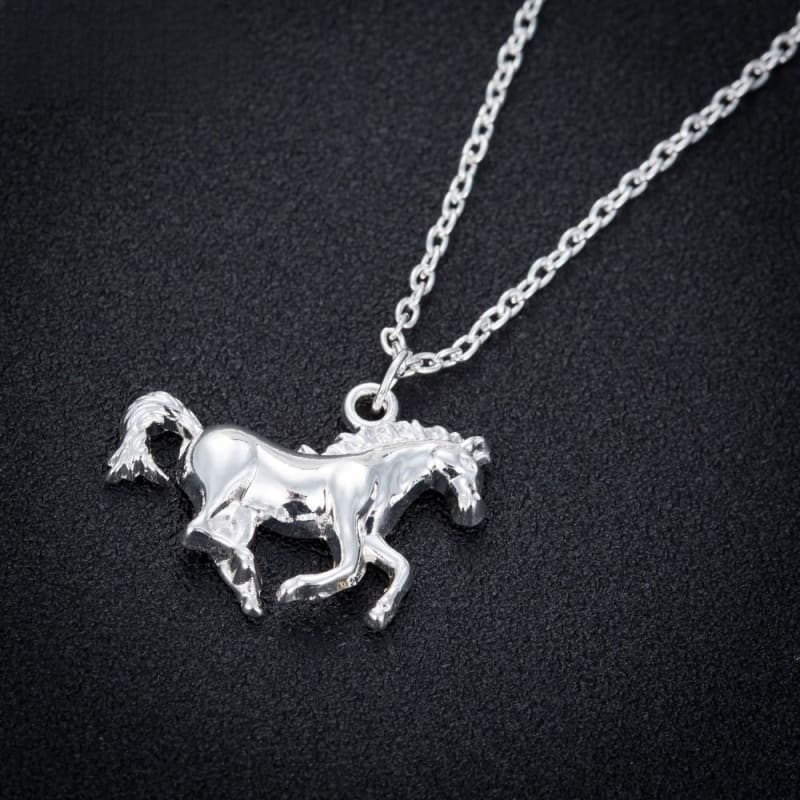
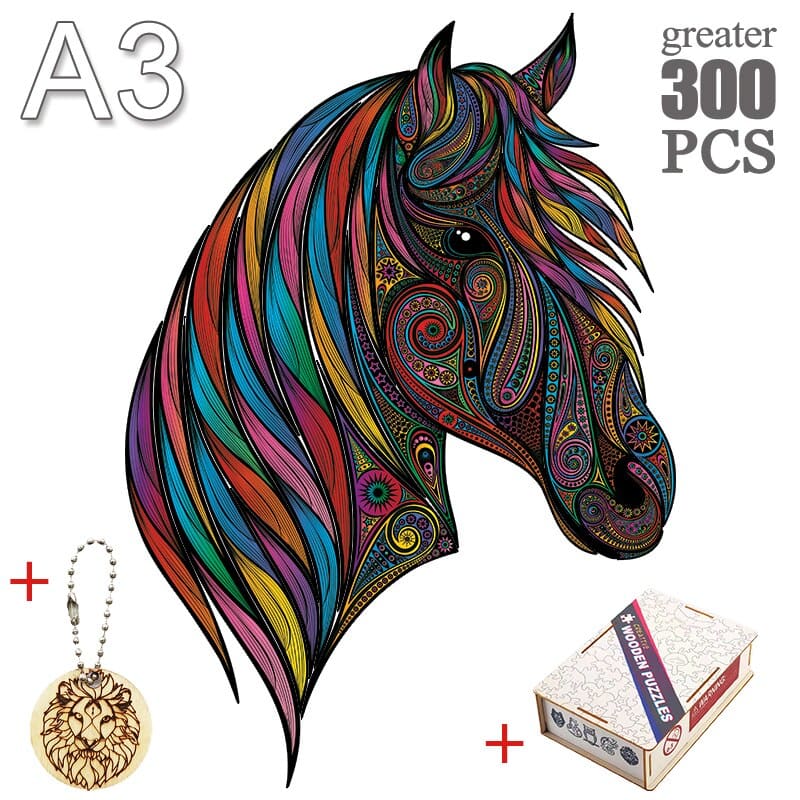

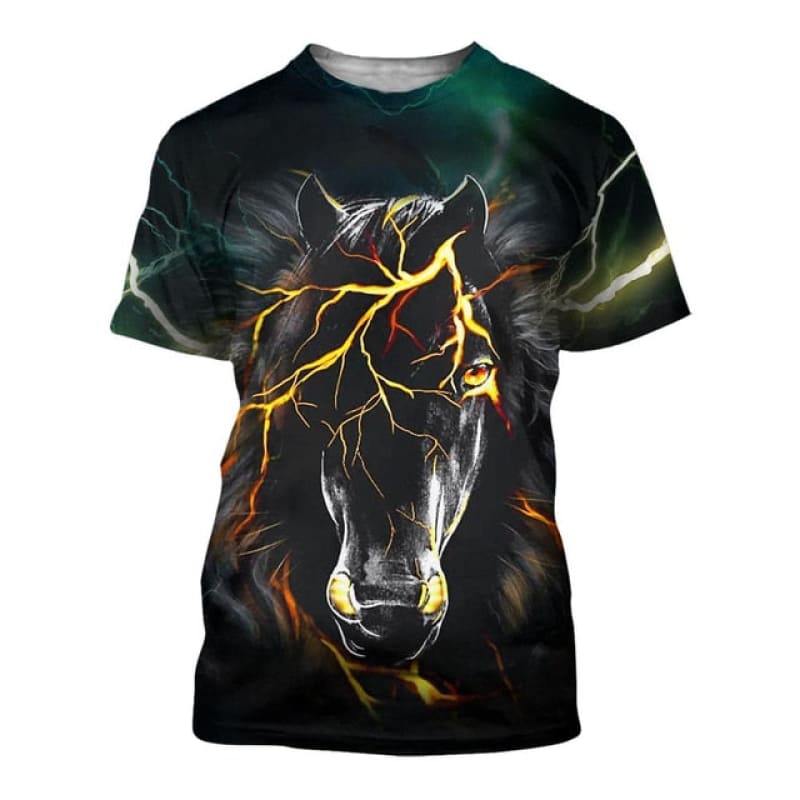
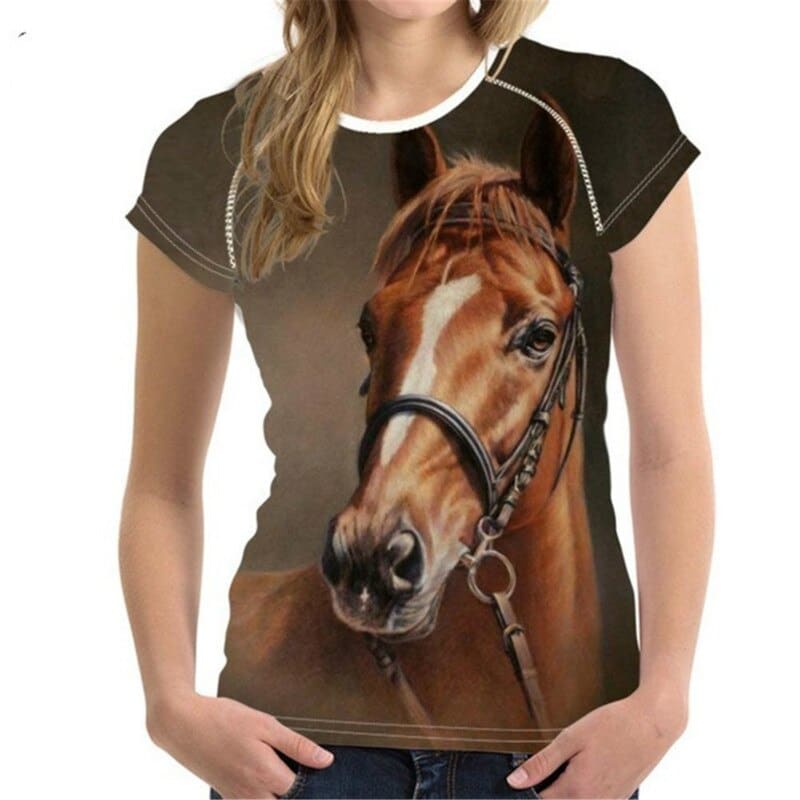
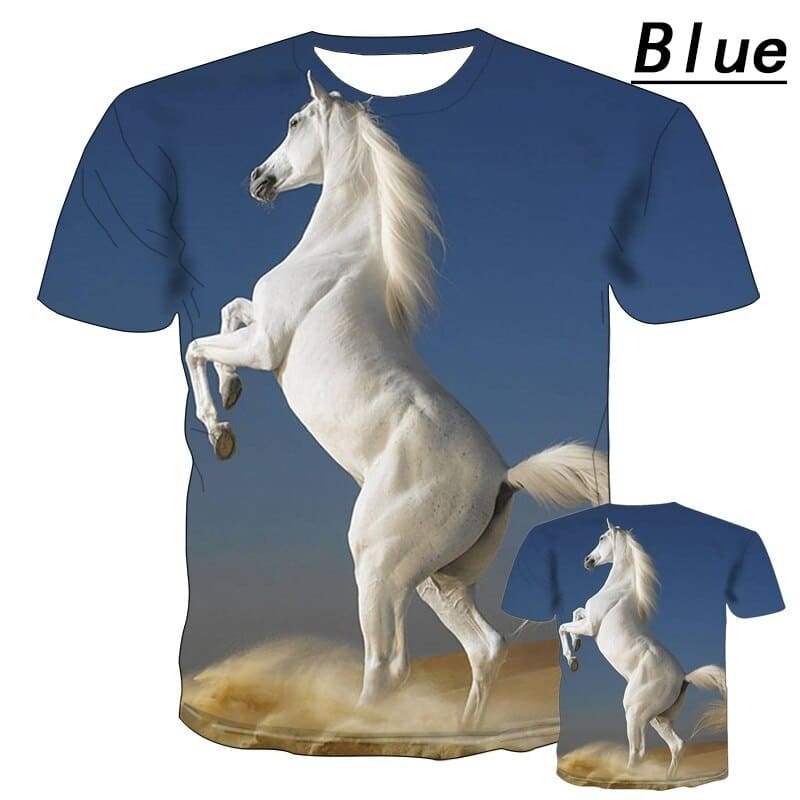

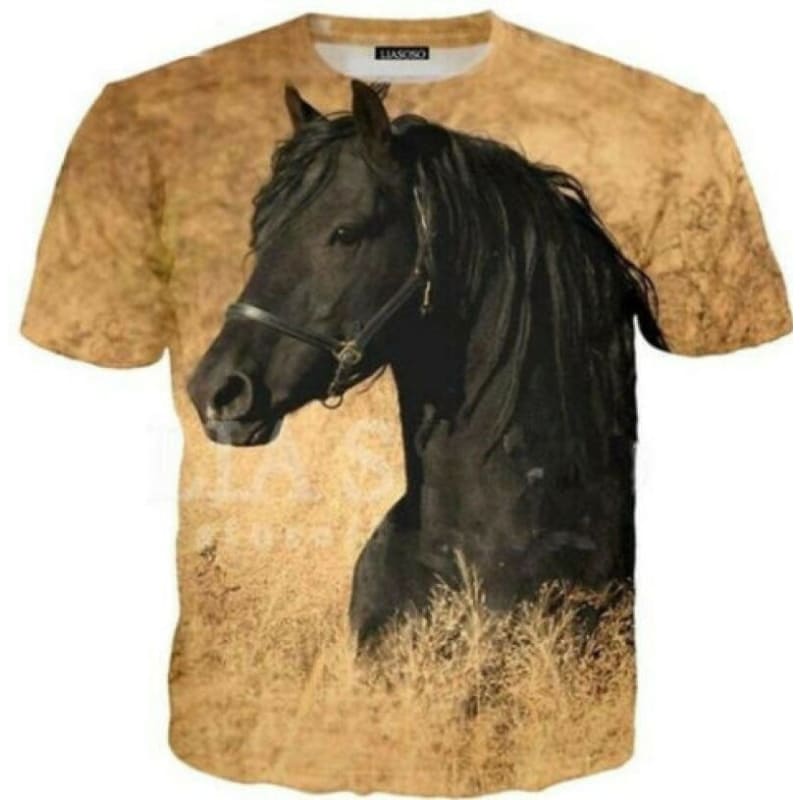
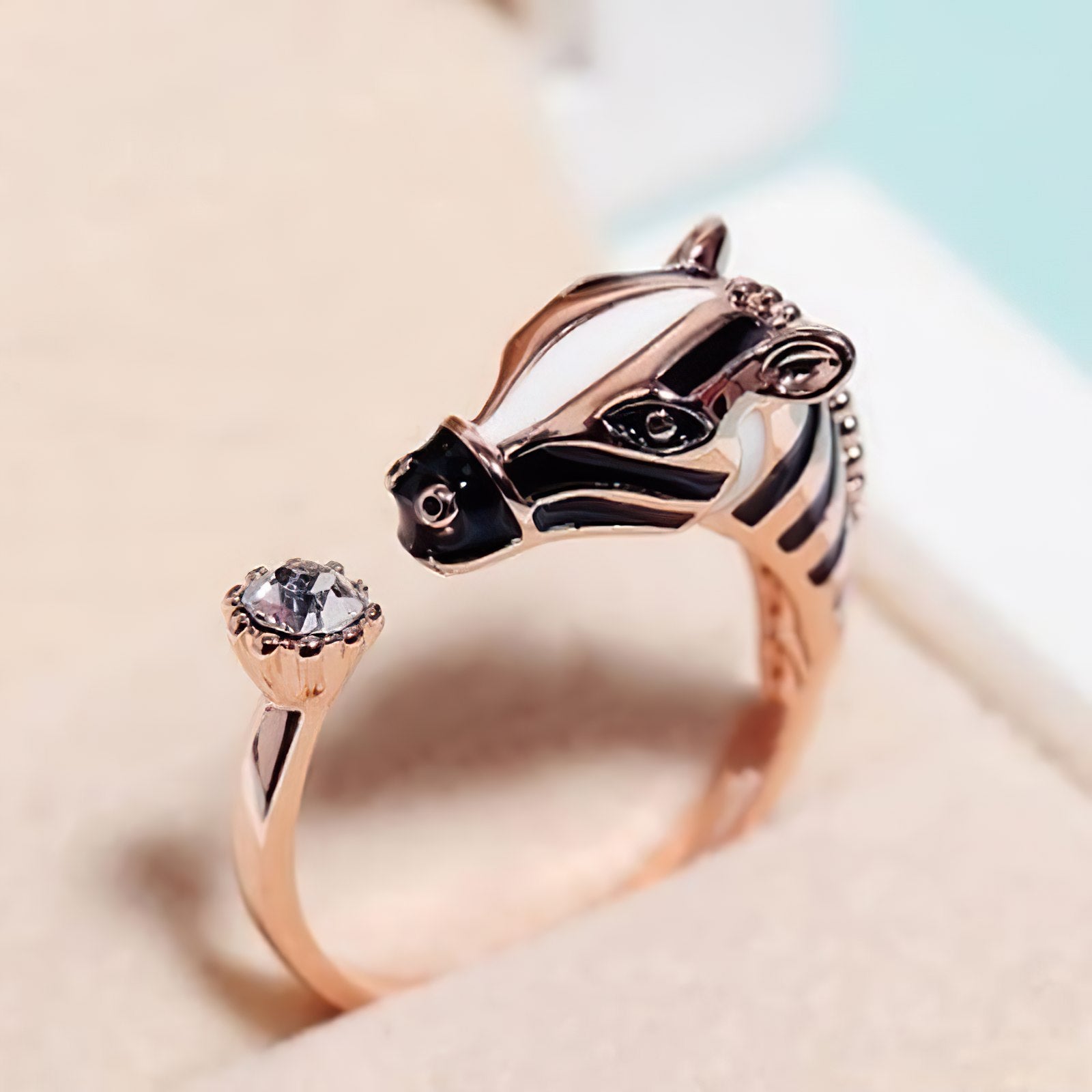



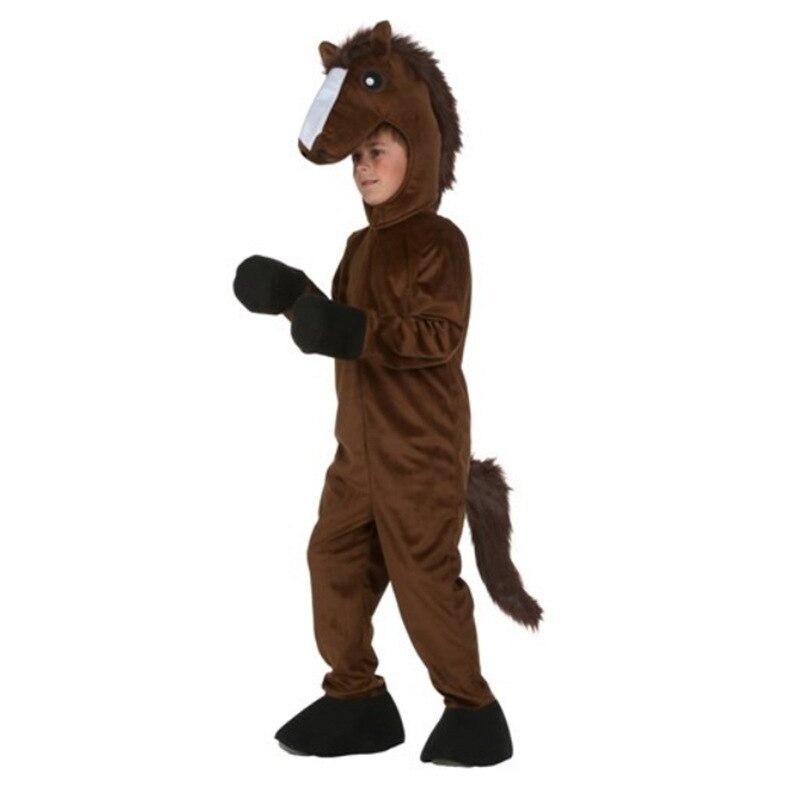
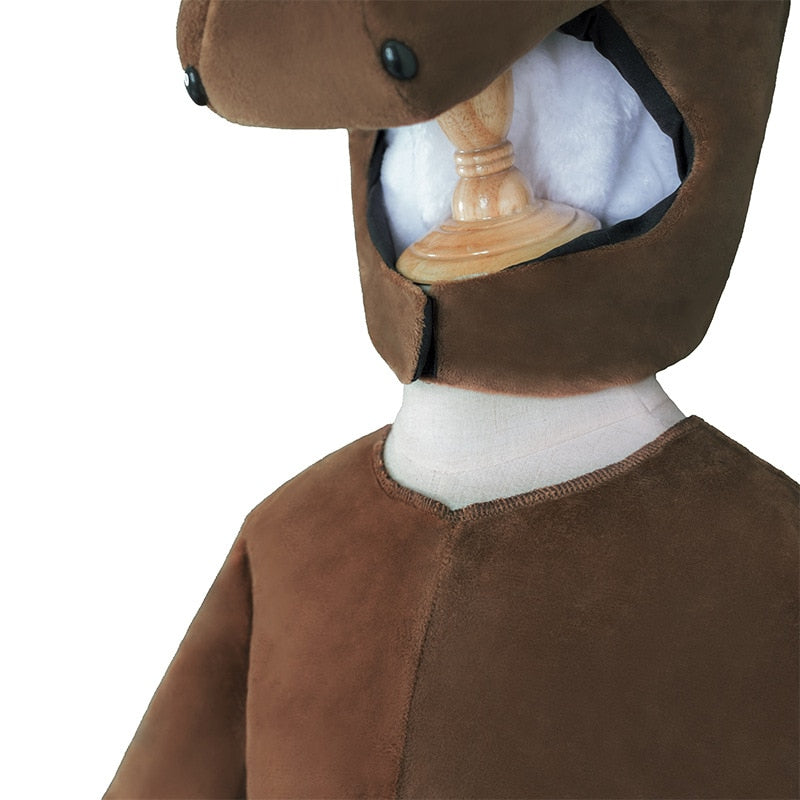
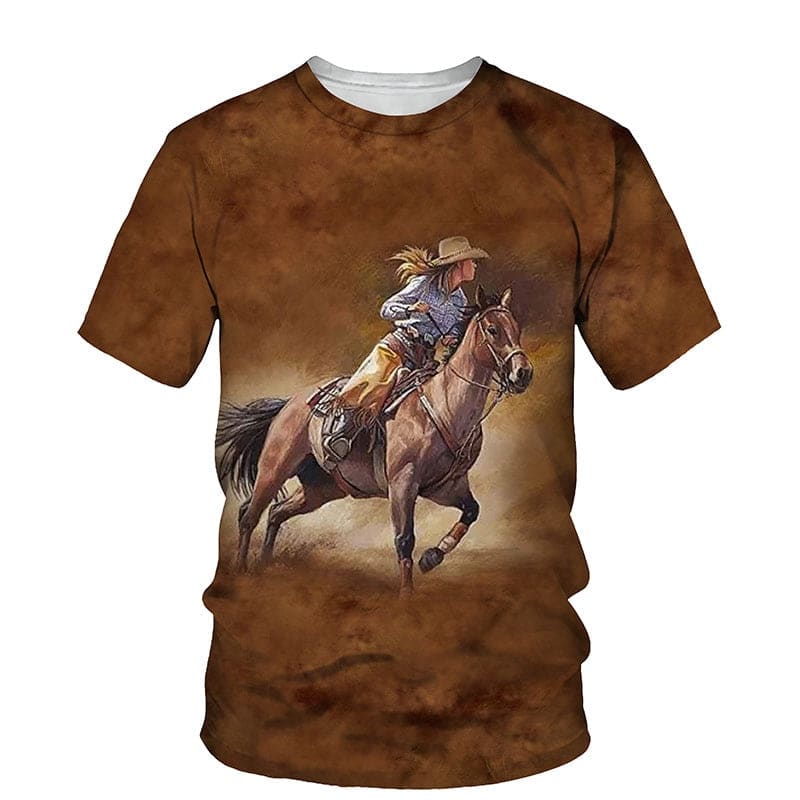





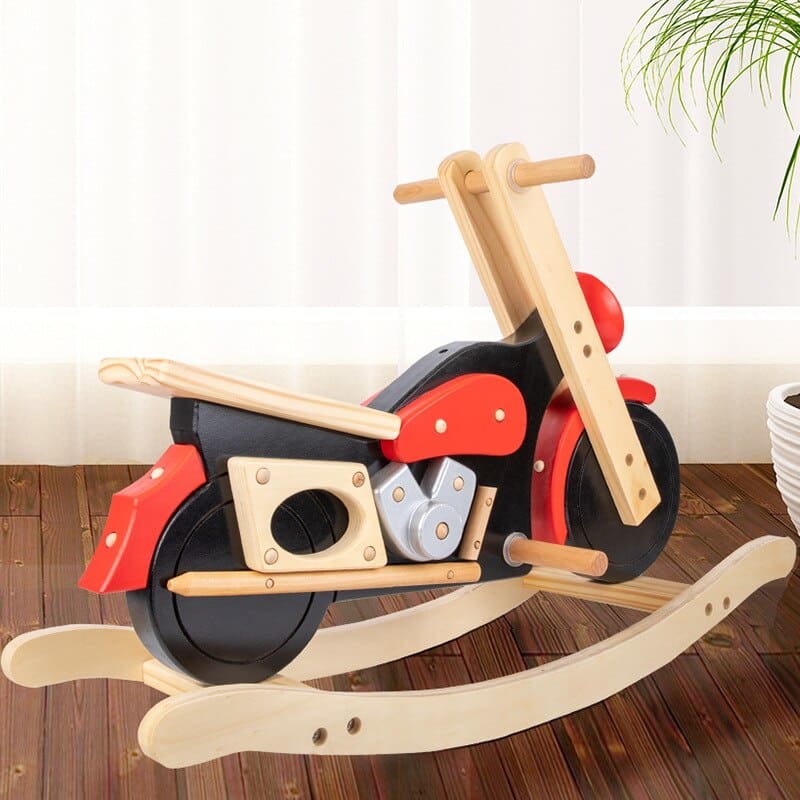

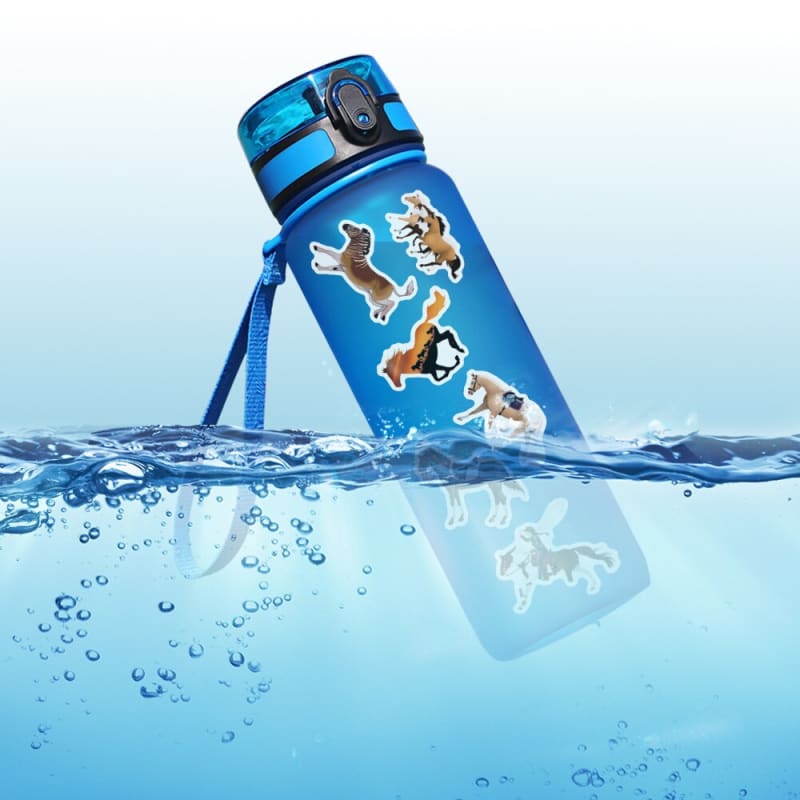
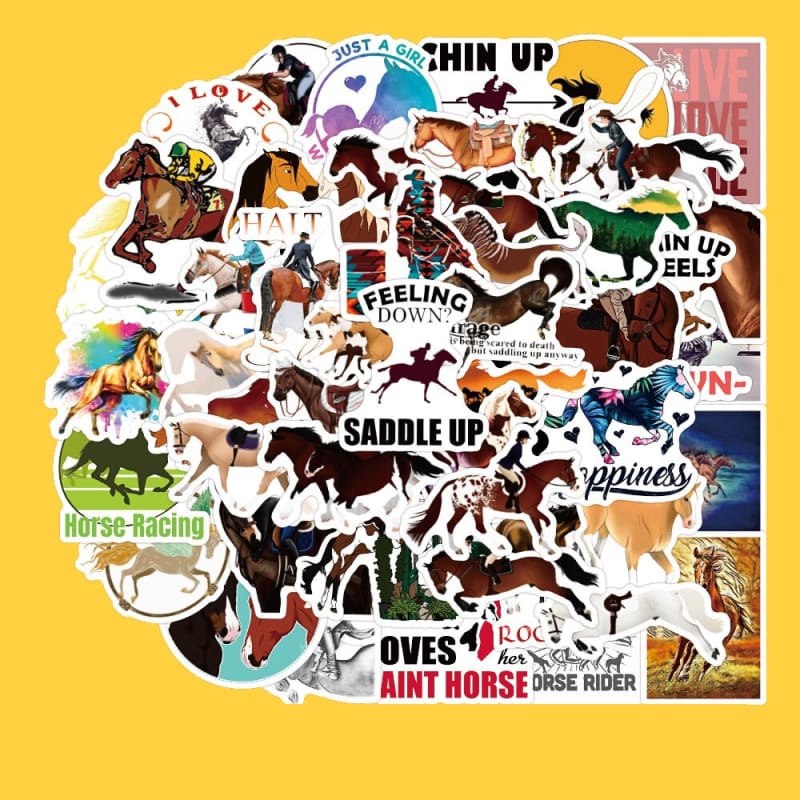

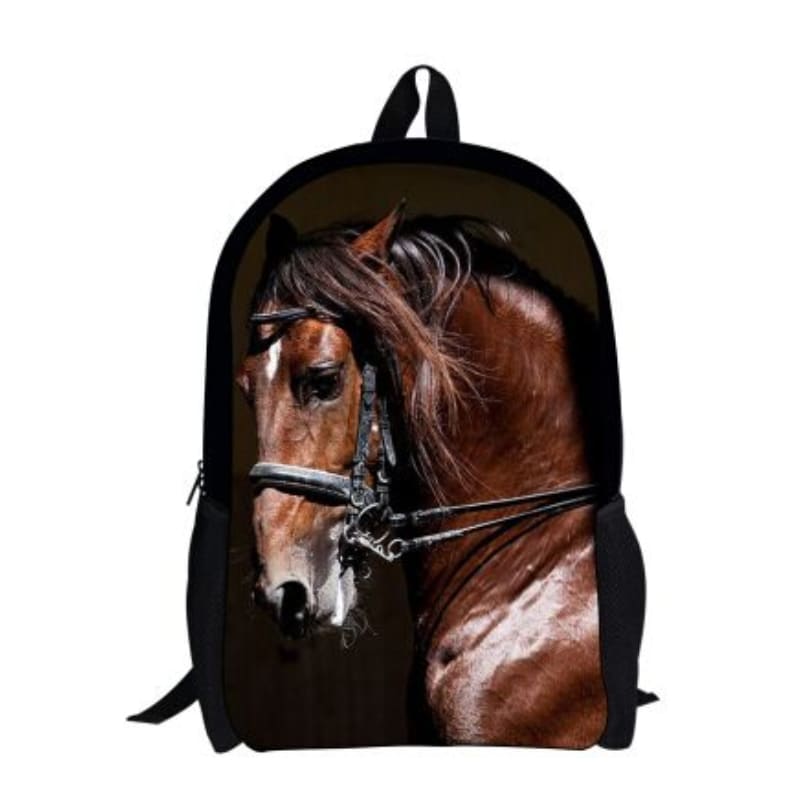
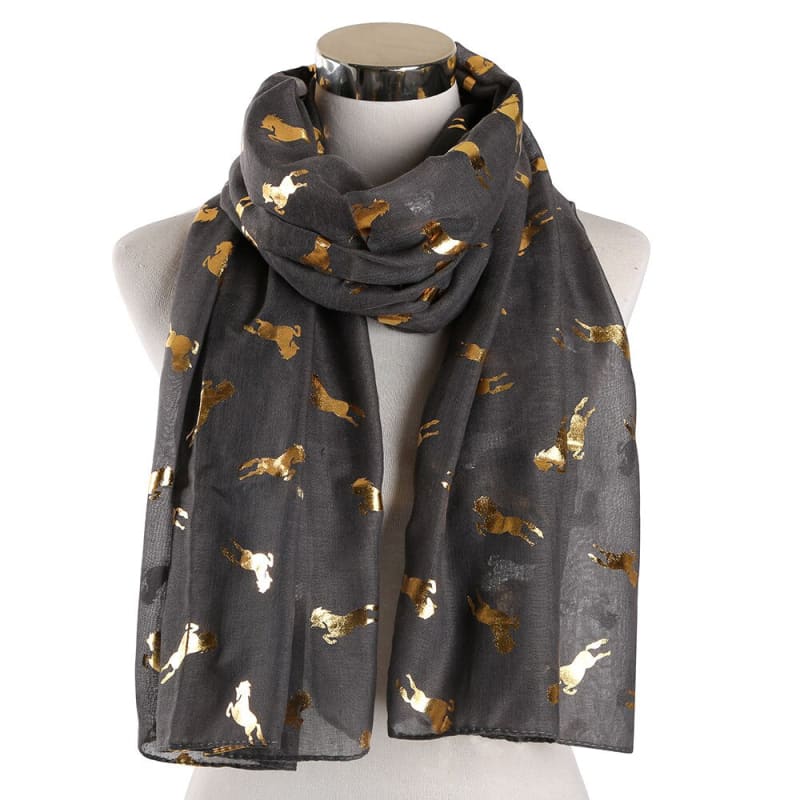
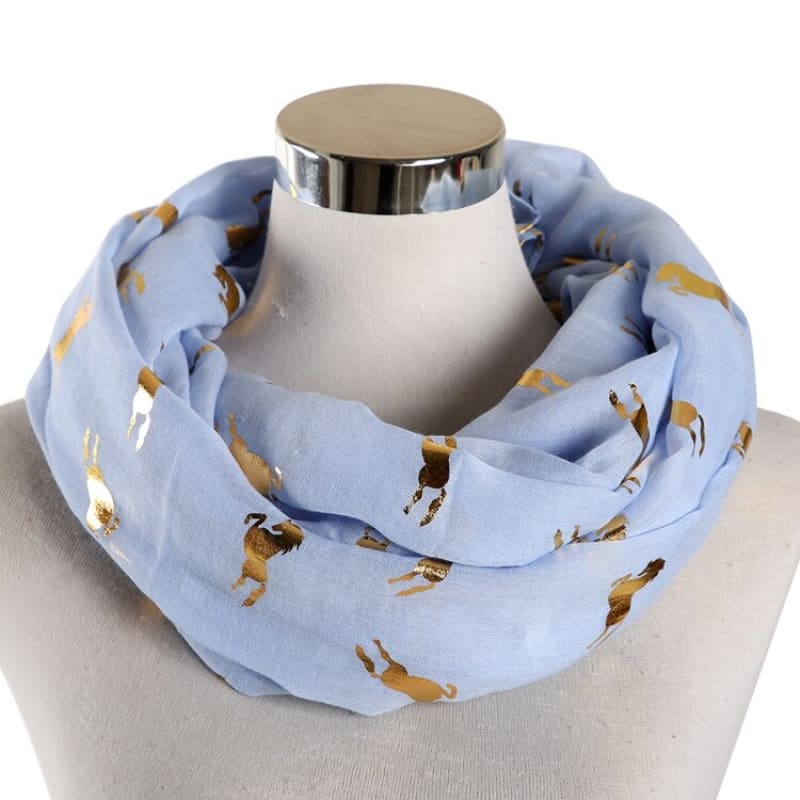
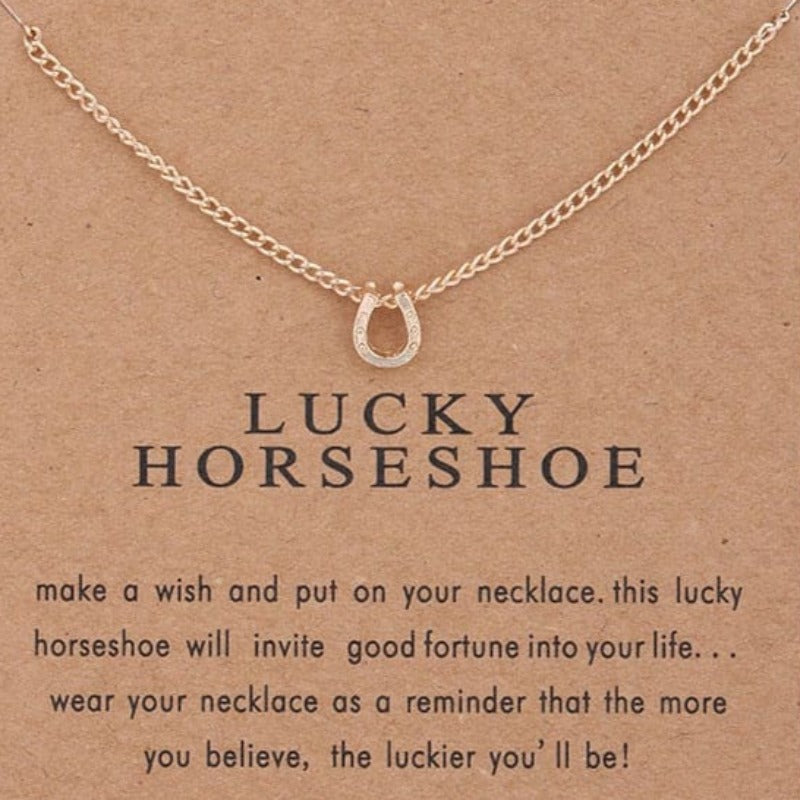
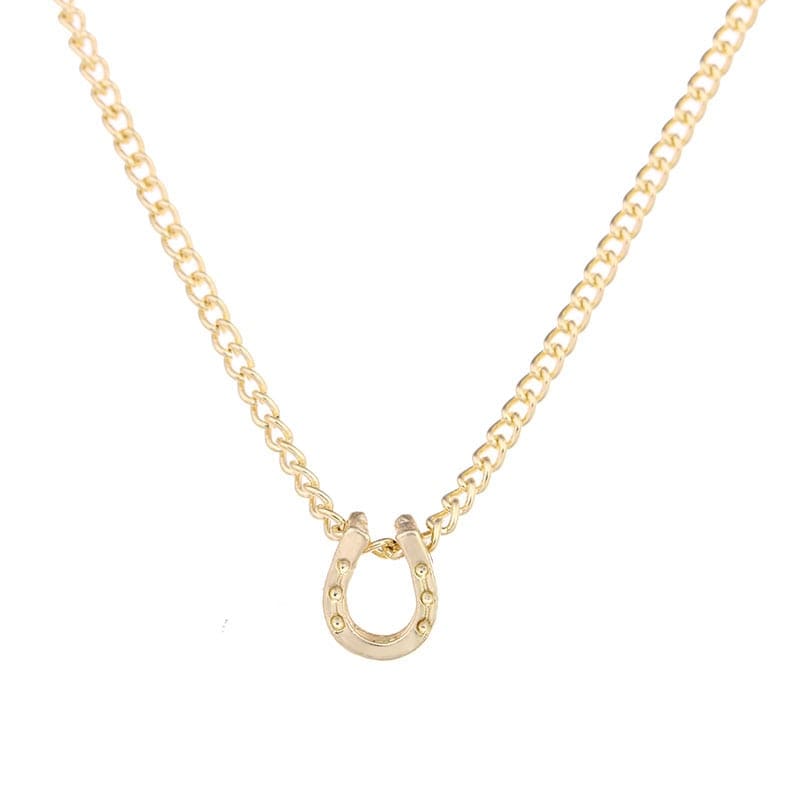
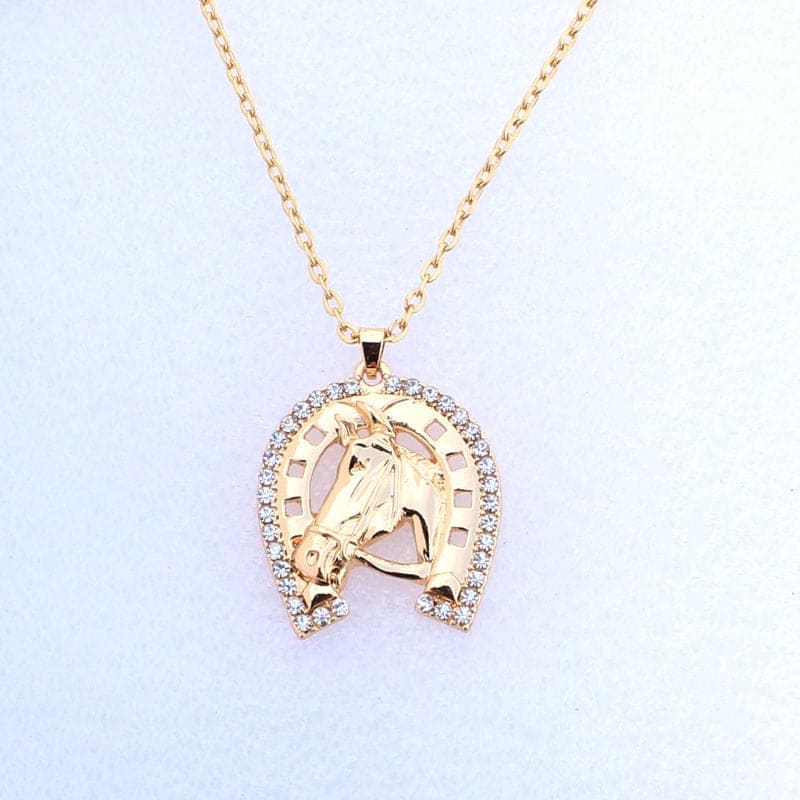
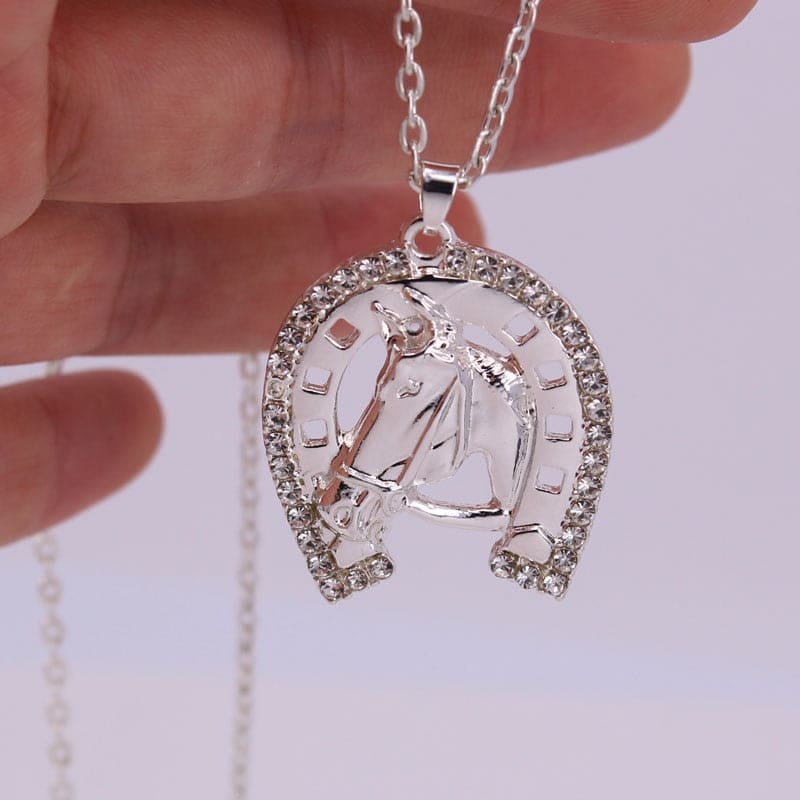
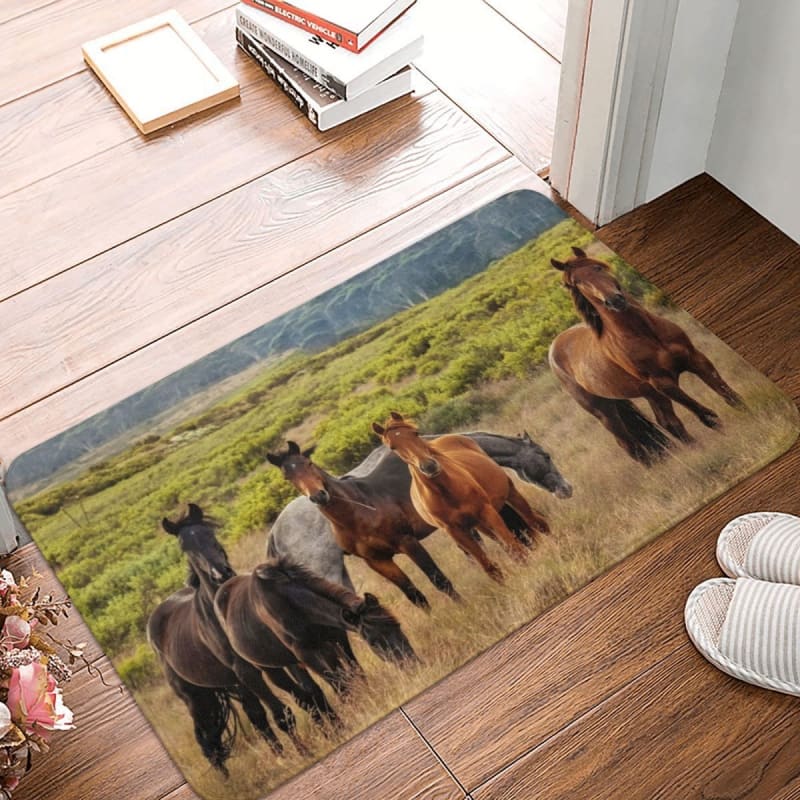






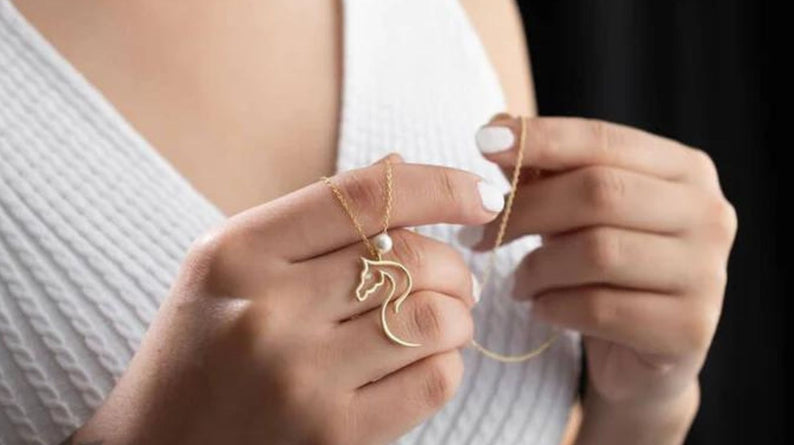
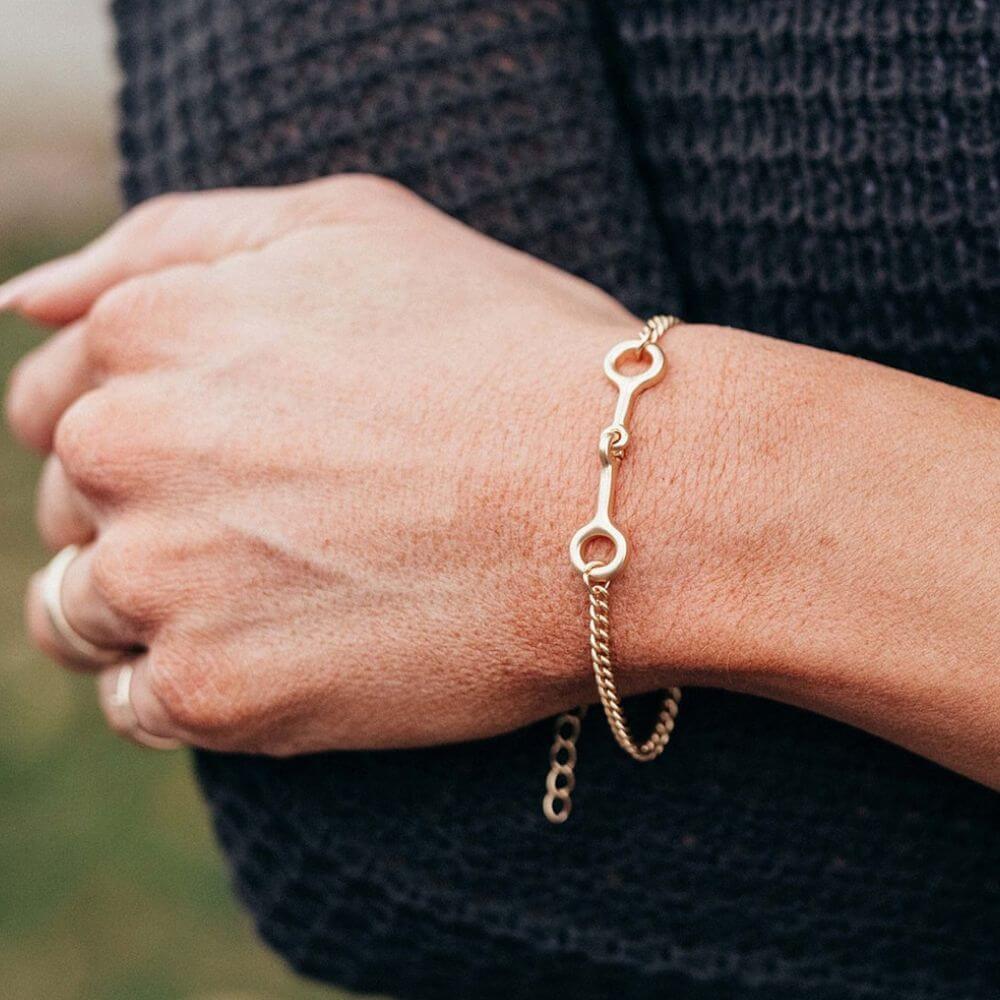


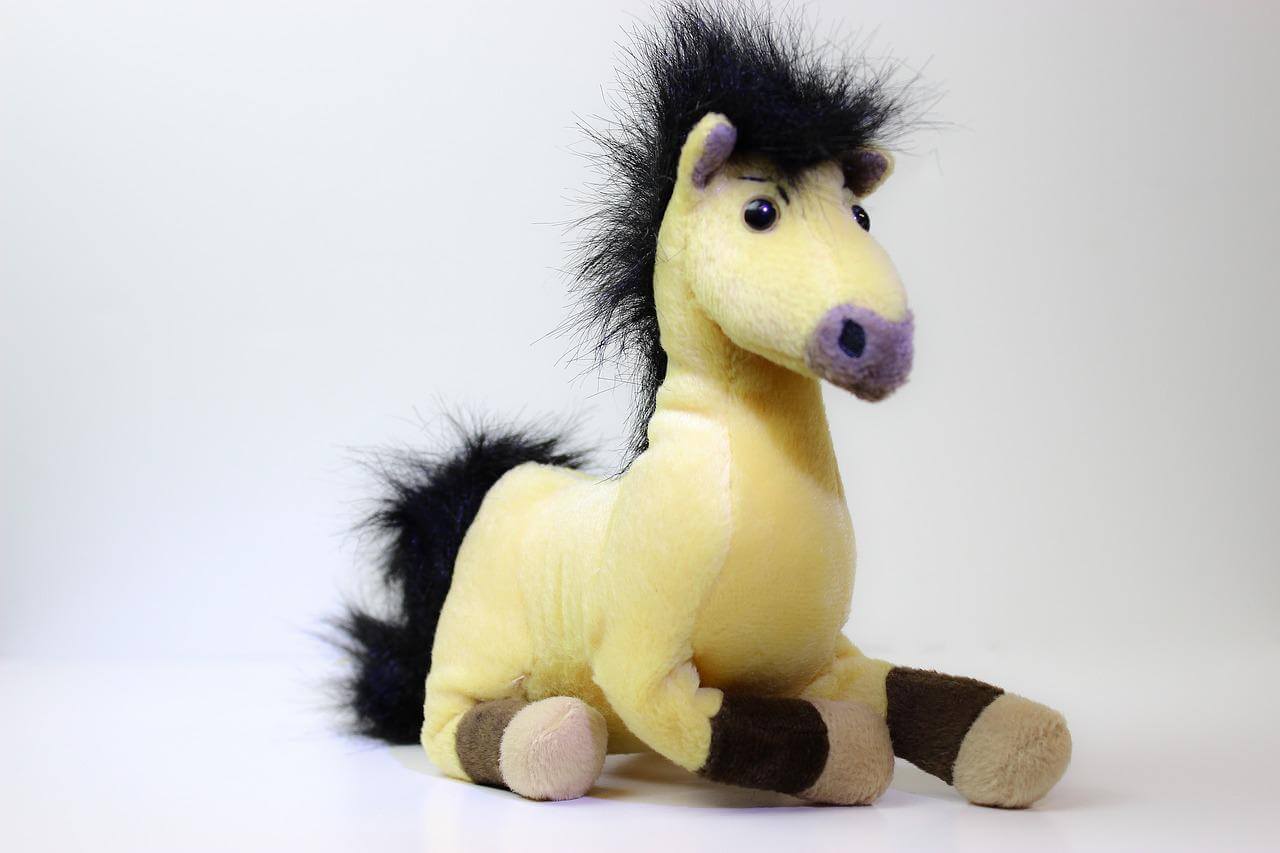
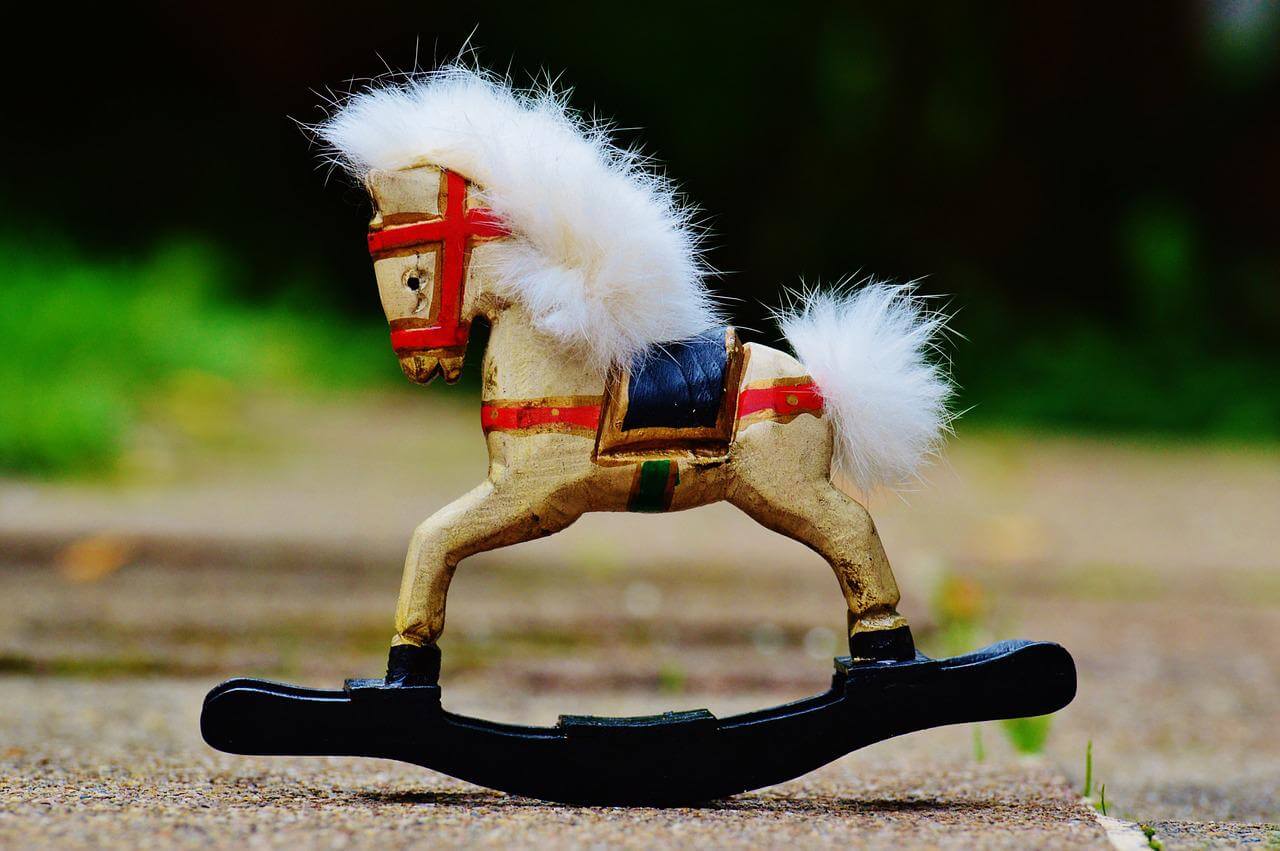
Leave a comment
All comments are moderated before being published.
This site is protected by reCAPTCHA and the Google Privacy Policy and Terms of Service apply.